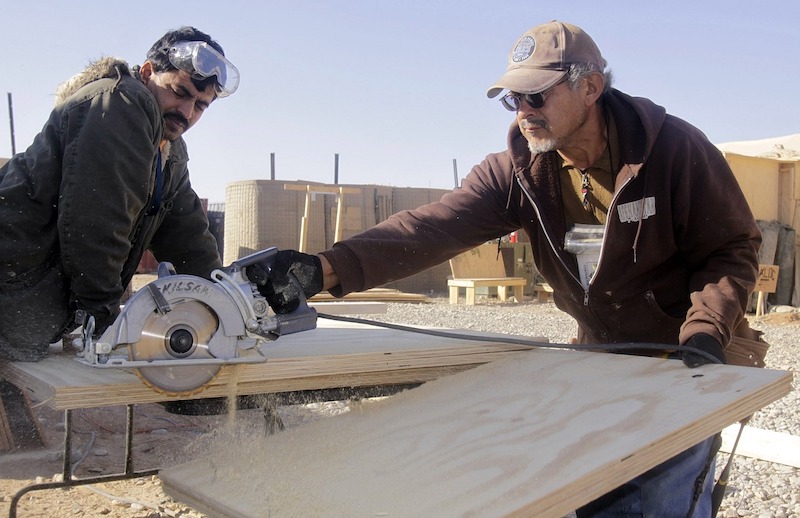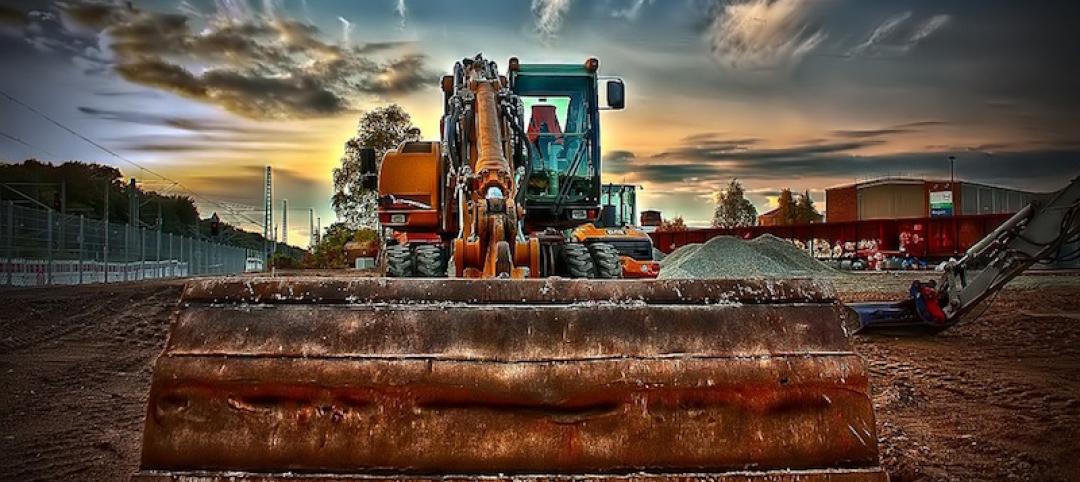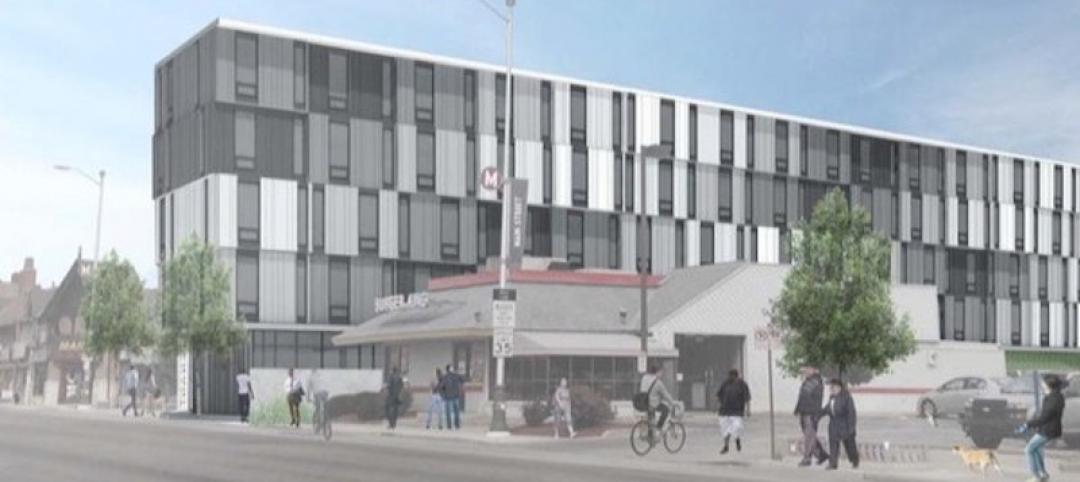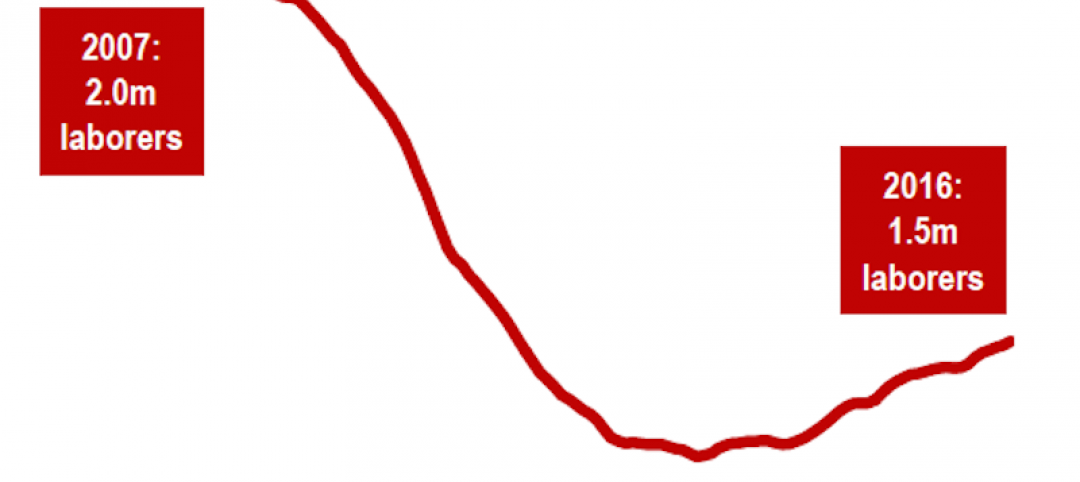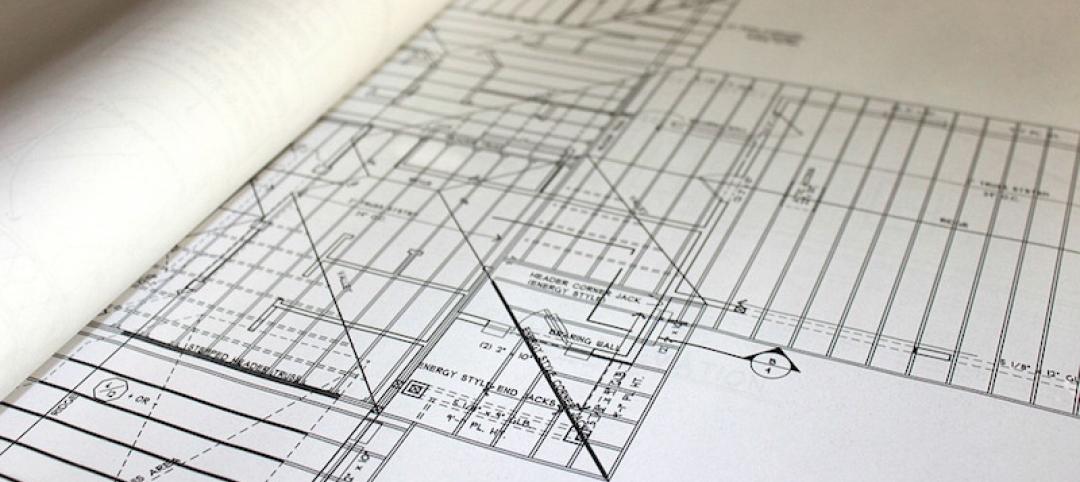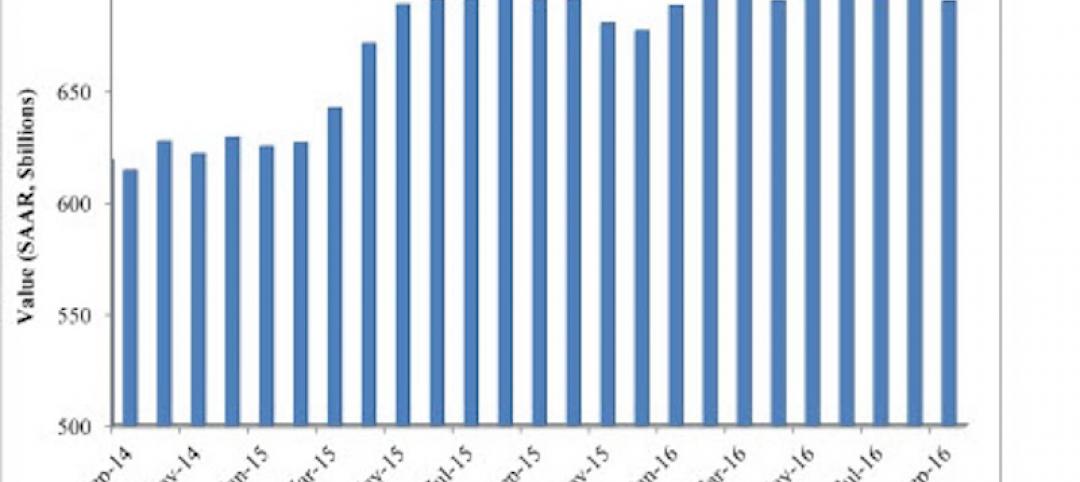The chief executive officer of the Associated General Contractors of America, Stephen E. Sandherr, issued the following statement in reaction to the release today of Senate Republican’s latest coronavirus relief measure, the Heals Act:
“Senate Republicans have crafted a relief measure that includes a number of vital provisions that will allow hard-hit construction firms to begin rebuilding their businesses and payrolls. Among the most promising of these provisions are liability reforms so construction firms that are protecting workers from the coronavirus will not be subjected to needless litigation. The proposal also includes important improvements to the Paycheck Protection Program and a much-needed expansion of the Employee Retention Tax Credit, both of which will help protect construction jobs.
“The measure also takes a more thoughtful approach than the existing federal unemployment insurance benefit by protecting unemployed workers without creating artificial barriers to returning people to good-paying jobs in sectors like construction. And the ambitious workforce development provisions in this measure have the potential to help millions of unemployed prepare for new careers in middle-class professions like construction.
“The measure is not without flaws, however. Most troubling is the virtual lack of funding for new infrastructure improvements. State transportation officials are coping with a $37 billion funding shortfall, declining revenues and the uncertainty that comes with the September 30 expiration of the existing highway and transit law. Additionally, public school, health and broadband infrastructure need federal investment to meet the challenges of operating during and after the pandemic. Ultimately, such new investments are essential to sustaining and rebuilding the American economy, which is why we will work to ensure they are ultimately included in a final relief measure.
“This proposed measure includes many provisions that will help the construction industry and the broader American economy. Combined with new infrastructure funding, it will help workers and employers avoid further economic harm. That is why we will work with leaders in both parties and both houses to see a final, fuller, measure enacted as quickly as possible.”
Related Stories
Market Data | Nov 30, 2016
Marcum Commercial Construction Index reports industry outlook has shifted; more change expected
Overall nonresidential construction spending in September totaled $690.5 billion, down a slight 0.7 percent from a year earlier.
Industry Research | Nov 30, 2016
Multifamily millennials: Here is what millennial renters want in 2017
It’s all about technology and convenience when it comes to the things millennial renters value most in a multifamily facility.
Market Data | Nov 29, 2016
It’s not just traditional infrastructure that requires investment
A national survey finds strong support for essential community buildings.
Industry Research | Nov 28, 2016
Building America: The Merit Shop Scorecard
ABC releases state rankings on policies affecting construction industry.
Multifamily Housing | Nov 28, 2016
Axiometrics predicts apartment deliveries will peak by mid 2017
New York is projected to lead the nation next year, thanks to construction delays in 2016
Market Data | Nov 22, 2016
Construction activity will slow next year: JLL
Risk, labor, and technology are impacting what gets built.
Market Data | Nov 17, 2016
Architecture Billings Index rebounds after two down months
Decline in new design contracts suggests volatility in design activity to persist.
Market Data | Nov 11, 2016
Brand marketing: Why the B2B world needs to embrace consumers
The relevance of brand recognition has always been debatable in the B2B universe. With notable exceptions like BASF, few manufacturers or industry groups see value in generating top-of-mind awareness for their products and services with consumers.
Industry Research | Nov 8, 2016
Austin, Texas wins ‘Top City’ in the Emerging Trends in Real Estate outlook
Austin was followed on the list by Dallas/Fort Worth, Texas and Portland, Ore.
Market Data | Nov 2, 2016
Nonresidential construction spending down in September, but August data upwardly revised
The government revised the August nonresidential construction spending estimate from $686.6 billion to $696.6 billion.


